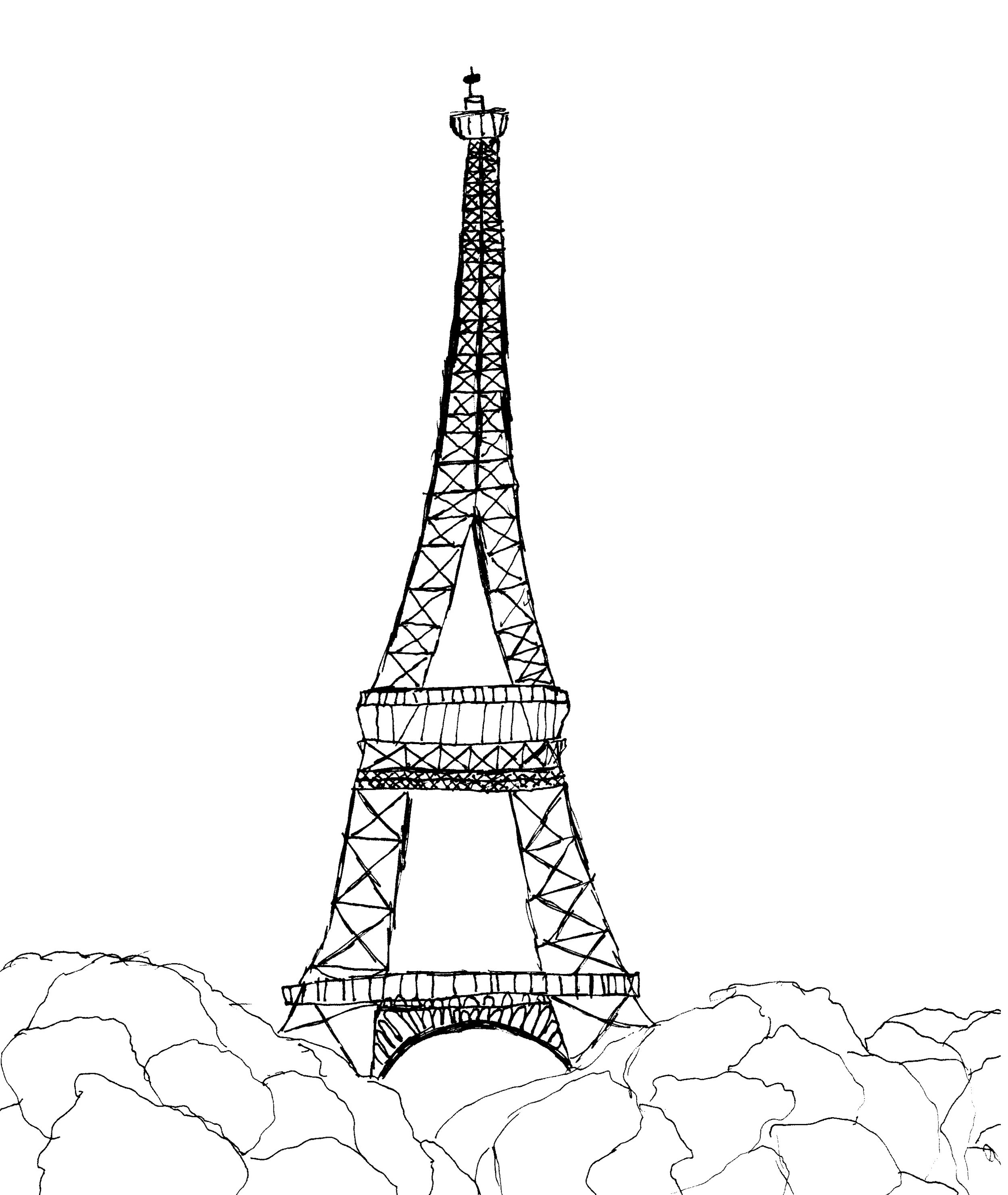The Nobel Prize in Literature à la française
The Börshuset (Stock Exchange Building), home of the Swedish Academy, Nobel Foundation, and Nobel Library in Stockholm, Sweden. Image credit: Arild Vågen, CC BY-SA 4.0, via Wikimedia Commons
South Korean writer Han Kang was named the 121st winner of the Nobel Prize in Literature last month along with an invitation to receive her award at the Nobel Prize award ceremony in Stockholm, Sweden on December 10. This honor was one of five prizes envisioned in the will of Swedish inventor and scientist Alfred Nobel, who left much of his personal fortune to a foundation that would recognize the “greatest benefit on mankind” in the fields of physics, chemistry, peace, medicine, and literature. Per Nobel’s will, the Swedish Academy is entrusted with overseeing the process of soliciting and reviewing annual nominations for the Nobel Prize in Literature and narrowing down the list to five finalists. Self-nominations are prohibited and nominees must have reached the final shortlist at least twice before the prize may be conferred on him or her. All details about the nominees, nominators, and discussions are kept confidential for a period of fifty years. A vote is taken in October and a winner is named only if the nominated writer receives at least half of the votes. Winners receive a Nobel Prize medal, a Nobel Prize diploma, and a monetary award as well as a great deal of media attention.
Over its 123-year history, French writers have received this honor more often than authors from any other nation. The inaugural Nobel Prize in Literature went to French poet and essayist René François Armand "Sully" Prudhomme in 1901. Prudhomme had already been elected to the Académie française in 1885 and named a Chevalier de la légion d’honneur in France. He used a portion of his Nobel award to establish a poetry prize administered by the Société des gens de lettres, a French literary organization founded in 1838 by a group that included Honoré de Balzac, Victor Hugo, and George Sand. Prudhomme also co-founded the Société des Poètes Français on the hundredth anniversary of the birth of Victor Hugo.
Portrait of Frédéric Mistral. Image credit: Tucker Collection, Public domain, via Wikimedia Commons. Sourced from the New York Public Library Archive.
Frédéric Mistral was the next French Nobel Literature Prizewinner in 1904, writing in the Occitan language of Provençal as part of his mission to champion Provence and its culture. He co-founded Le Félibrige, an organization that embodied this mission, and compiled Lou Tresor dóu Félibrige, an Occitan-French dictionary. Mistral’s narrative poems depict life in Provençal settings and he, like Prudhomme, used his Nobel winnings to bring his passion to a larger audience by creating the Museon Arlaten in Arles, France. His vision of this “Pantheon of Provence” included traditional clothing, folk art, furniture, tools, historical documents, recipes, and other items that represented Provençal culture. Somewhat ironicially, Mistral was also named a Chevalier de la légion d’honneur, France’s highest order of merit for outstanding service to the nation, despite his advocacy for the regional identity of Provence apart from France.
Some of the most notable names in the French literary world have been recognized by the Swedish Academy over the years, including Anatole France, André Gide, François Mauriac, Albert Camus, and Jean-Paul Sartre. Sartre turned down the 1964 Nobel Prize in Literature, noting that he did not accept any official honors because he felt that writers became institutions by association with the prizes bestowed upon them. Furthermore, his choice to refuse the prize was in protest of the narrow (European) geography of the literature prize winners to date. Unsealed records show that the Swedish Academy had previously received nominations for Sartre’s work in 1957, when French author Albert Camus won the literature prize, and in 1962.
Writer Annie Ernaux in 2017, recipient of the 2022 Nobel Prize in Literature. Image credit: 2cordevocali, CC BY-SA 4.0, via Wikimedia Commons
The most recent French recipient of the Nobel Prize in Literature is Annie Ernaux, the first French female writer to garner this honor. Her novels are largely autobiographical, beginning with Les armoires vides published in 1974, drawing on her life, relationships, and the slices of society that surrounded her. Ernaux grew up in a small town in Normandy before working in England and then attending university in Rouen and Bordeaux. She taught in the Haute-Savoie in eastern France before moving to the Paris suburbs to work and write. In the words of the Swedish Academy, Ernaux’s body of work was selected “for the courage and clinical acuity with which she uncovers the roots, estrangements and collective restraints of personal memory". Her books have received critical acclaim in France and internationally in translation, particularly Les Années (2008), a historical memoir which was nominated for the International Booker Prize in 2019.
Among the sixteen French winners of the Nobel Prize in Literature are artists with varied backgrounds and writing styles that show the breadth of humanity and expression despite the shared nationality. For example, Gao Xingjian became a naturalized French citizen several years before receiving the 2000 prize, Claude Simon (1985) was born in Madagascar and lost his father to war at a very young age, Saint-John Perse (1960; born Alexis Leger) was raised on family plantations in Guadaloupe, and Henri Bergson (1927) was a philosopher and professor descended from a prominent Polish Jewish family. The range of French writers that have received the Nobel Prize in Literature and their works demonstrate the universality of their ideas and words.
Jeu de français
Perhaps you are now inspired to read publications by some of the French Nobel honorees and possibly do so in their original French version. In the meantime, find many of the above writers’ names in the word search below.
Subscribe to our newsletter to receive Art de vivre posts, information about courses, Conversation Café, special events, and other news from l’Institut français d’Oak Park.




